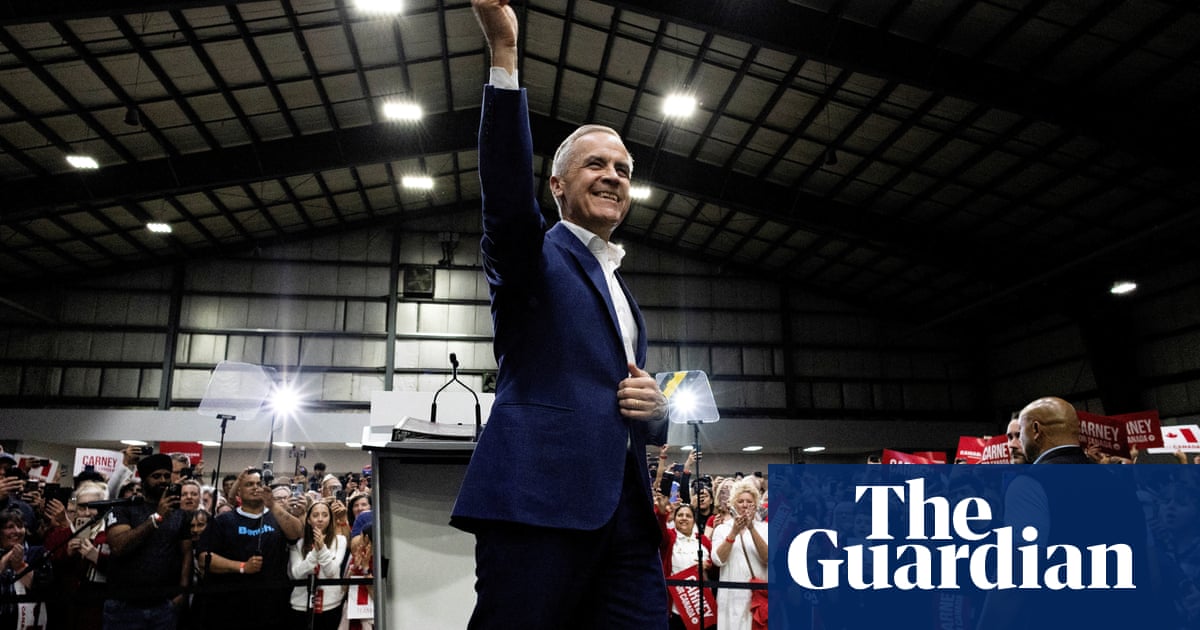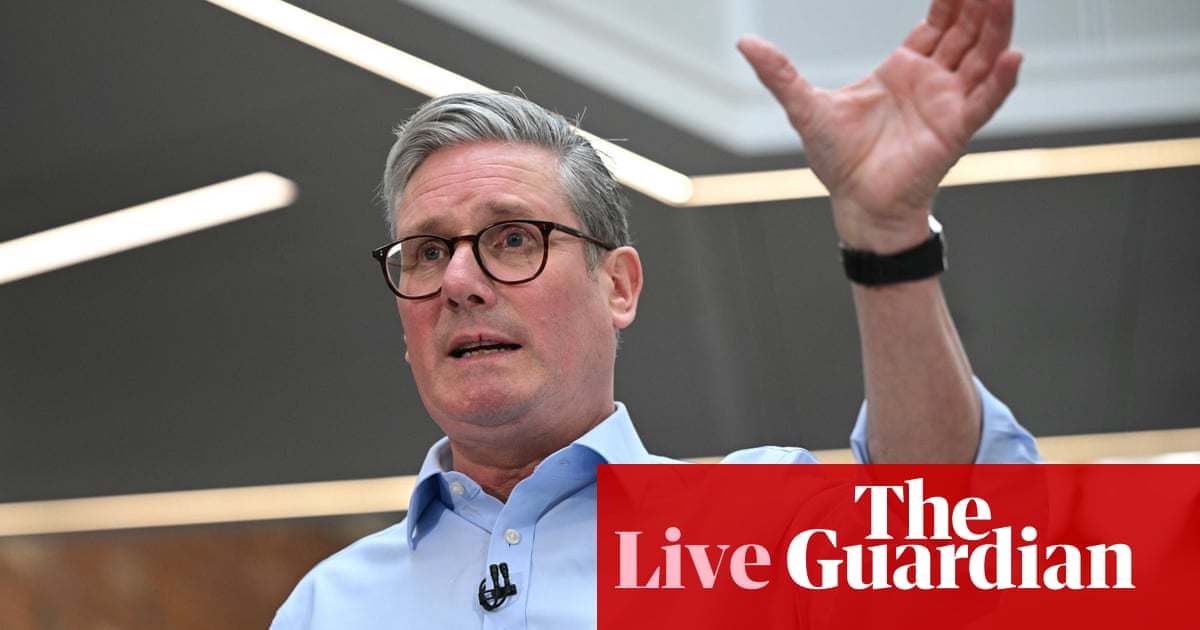In the middle of an election or the early stages of an administration, populist politics can feel like a liberation. The unsayable is said. Political rules are broken. Constitutional restrictions are flouted. Populist rallies are boisterous, seemingly uninhibited, with enemies of the movement taunted or intimidated.
For many voters, and even some activists and politicians, conventional politics can be boring, with its careful rhetoric and predictably choreographed campaigns, its compromised and complicated centrist policies. Populism promises something much more visceral, with larger-than-life leaders and dramatic national goals: “make America great again”, “take back control”. Digital media, with its constant hunger for brevity and straightforward narratives, is a perfect environment for populism’s seductive claim that politics is actually quite simple.
This week’s English local elections and Runcorn and Helsby byelection may become the latest demonstrations that the era of simplistic politics has plenty of years left to run. Having based its campaign on the dubious claim that almost all Britain’s problems come from too much immigration, Reform UK is expected to take hundreds of council seats from the Tories, has a chance of winning Runcorn and Helsby from Labour, and may also win one or more regional mayoralties. If any of these things happen, Nigel Farage’s insistent bragging that only his party can “fix broken Britain”, and the belief that Reform could even win the next general election, will gain further momentum.
And yet, there are also more and more signs that the politics of simplicity, when applied by populist or populist-influenced governments to real-world problems, actually turns into its opposite. Brexit has become a byword for more border hassle and import-export paperwork. Meanwhile, the desire to control immigration much more tightly is creating new bureaucracies, law enforcement bodies, migrant quotas, and detention and processing facilities around the globe. Trying to police nationality in a world that capitalism – and generations of previous rightwing politicians – spent decades making more fluid and interconnected is proving much more complicated than many populists and their supporters expected.
Even the most powerful populist government, the Trump administration, after barely three months in office, is already becoming an increasingly bad-tempered attempt to micromanage a vast and widening range of US institutions. Its letter from 11 April demanding “reforms” at Harvard University, for example, is five densely written pages long. Among many other things, the letter tells the university to commission an external body, approved by the federal government, “to audit the student body, faculty, staff, and leadership for viewpoint diversity” – the government’s code for the inclusion of conservatives – “such that each department, field or teaching unit must be individually viewpoint diverse”. These audits should happen “every year”, the letter continues, “at least until the end of 2028” – which just happens to be near the end of Trump’s second term.
The scale and thoroughness of this state intervention in a private university, which Harvard is trying to fight off, is profoundly disturbing for anyone who believes in academic freedom. Yet the letter also suggests that the Trump administration could become immensely and impractically bureaucratic. It’s aiming to reshape and then monitor an undefined number of previously independent institutions, to impose “diversity” when it benefits conservatives, but eradicate it when it benefits anyone else.
For some populist voters, seeing elites being challenged and discomfited is satisfying in itself, whether it leads to concrete change or not. But other people voted for Trump because they wanted less government, and for them a more interventionist, quite possibly overambitious and more expensive state may be a disillusioning outcome. And without the support of both groups, the Republicans will find it hard to maintain their supremacy for long.
In the last century, far-right movements sometimes managed to combine the unshackled feelings of populist politics, stirred up by a charismatic leader, with strict social control. “Fascist aesthetics,” wrote Susan Sontag in a 1975 essay on Nazi rallies, involve “two seemingly opposite states, egomania and servitude”. While today’s transatlantic populism is not as authoritarian, it also seeks to tame what it sees as the disorder and unhealthy pluralism of liberal society. Farage’s public persona may be mischievous and jolly, but the Reform website sternly promises “zero-tolerance policing” of “all crime and antisocial behaviour” and “no gender questioning, social transitioning or pronoun swapping” in schools. As with the Trump administration, it appears Reform’s instinctive response to the modern world is to try to ban things.
Could the uptightness behind rightwing populism’s irreverent facade be used against the movement? In theory, centrist politicians who have spent their careers compromising with different interest groups, in order to maintain their position in the political middle ground, ought to be able to attack conservative populism as too rigid and backward-looking. The pro-immigration Spanish socialist prime minister, Pedro Sánchez, has done this, and has stayed in power since 2018, an unusually long time for a modern centre-left leader. Support for the Spanish rightwing populist party Vox peaked three years ago, and is now barely half the level of Reform’s.
Yet in other countries, including Britain, too many centrists are still trying to beat populism by echoing its policies and messages. Announcing last week that it would be the first British government to publish the nationalities of foreigners who commit crimes here, with league tables of the offending countries likely to follow, is probably not the best way for Keir Starmer’s administration to present itself as the positive alternative to the pessimistic xenophobia of Reform.
Rightwing populists are correct that many people find the modern world chaotic and frightening. But conservative populism focuses on the struggles of straight, white, working-class men, and largely ignores capitalist modernity’s many other victims. This narrow outlook makes the movement’s social vision, however electorally appealing, a nostalgic dead end, in essence a deluded and coercive plan to return to the 1950s.
Anti-populist politicians need to remind voters that that hierarchical world is gone, while acknowledging that the freer world that replaced it has, for many people, not been nearly free enough. Until centrism or socialism or conservatism can offer a good life to more, then the fake exuberance of populism will draw the crowds.
-
Andy Beckett is a Guardian columnist

.png) 5 hours ago
5
5 hours ago
5













































